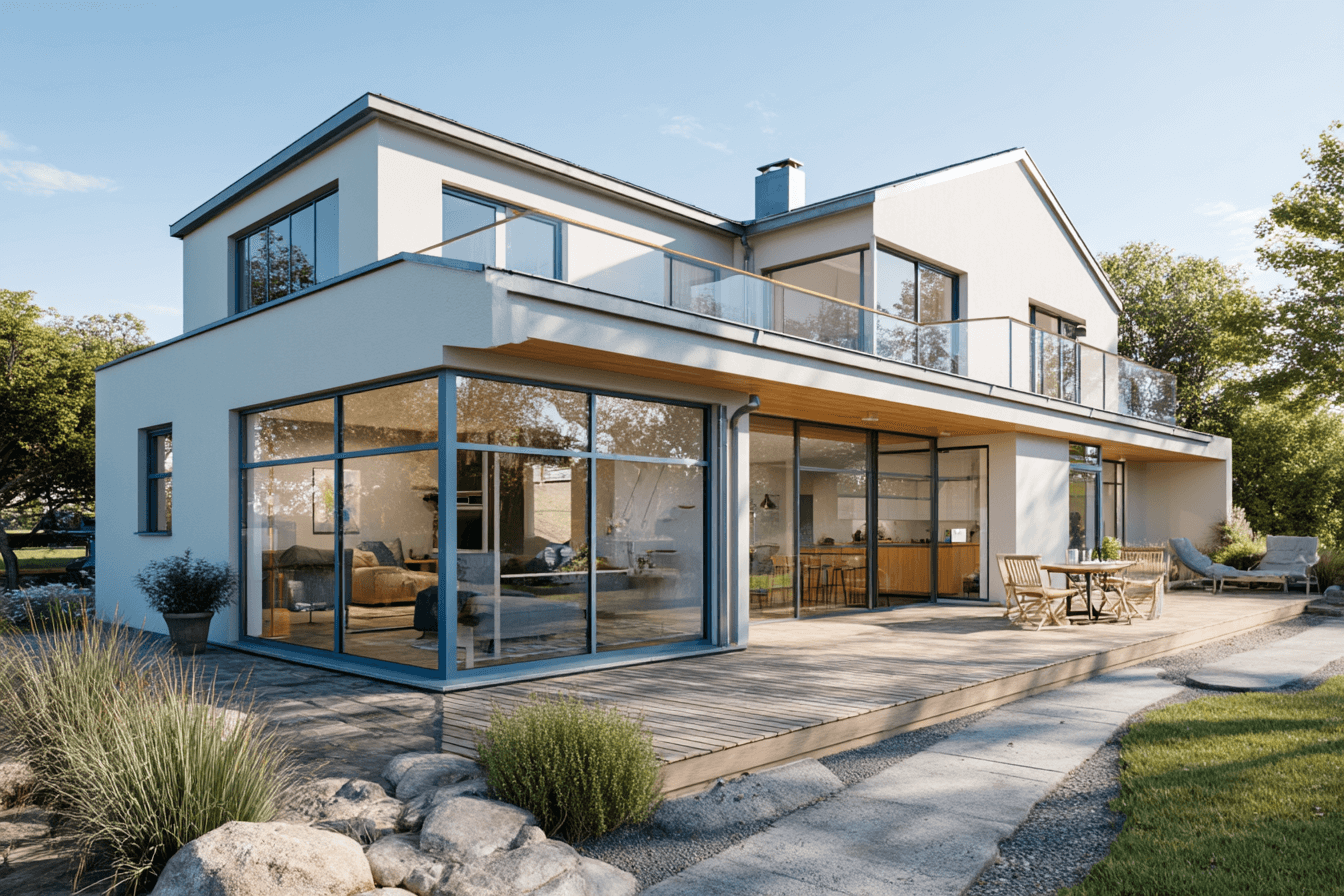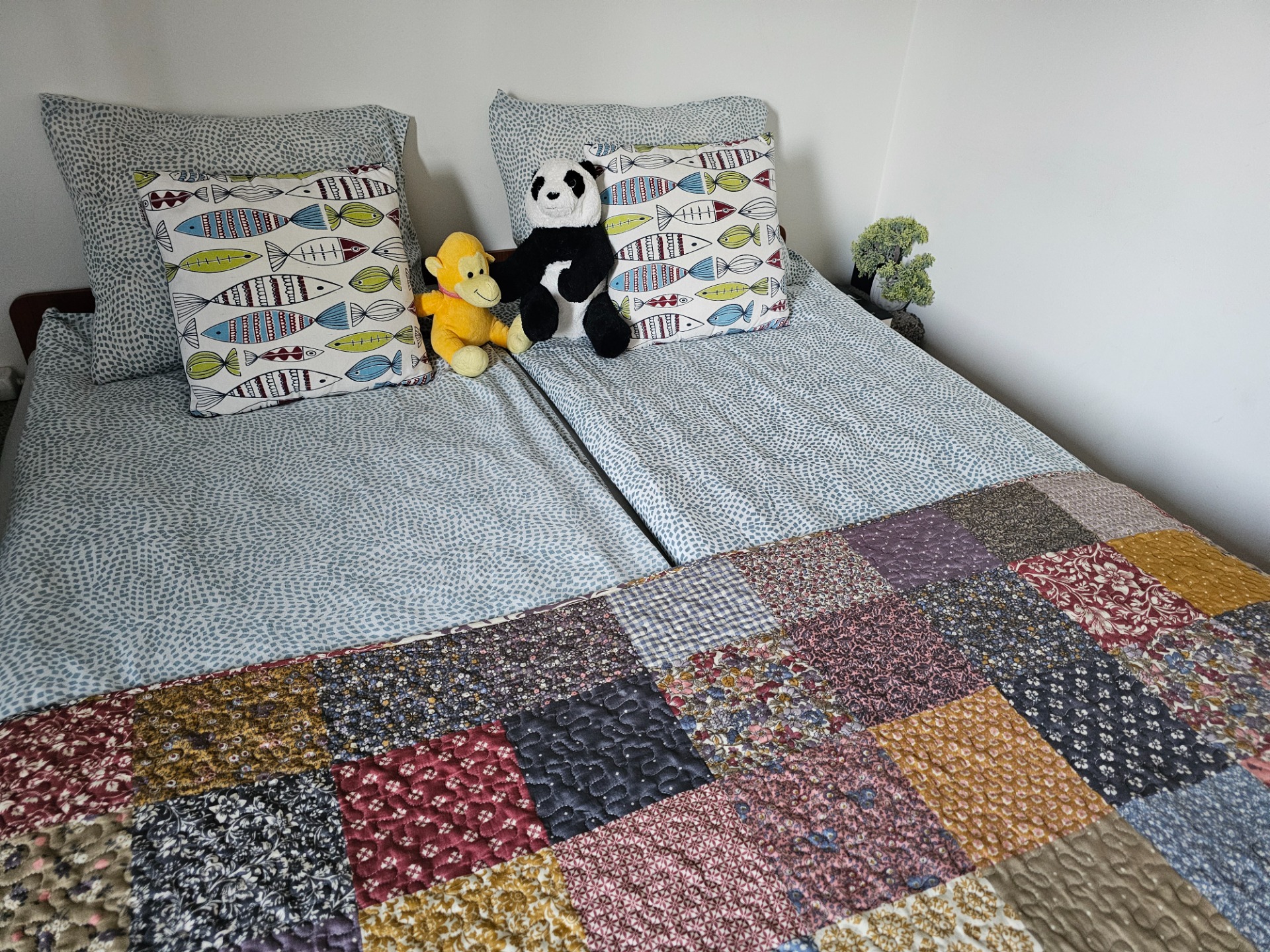Airbnb vs hotel comparison
Airbnb vs Hotel comparison - Is Airbnb cheaper than hotels? Check prices here and find the lowest price. Compare prices here
Since its launch, Airbnb has been marketed as a more affordable and authentic alternative to traditional hotels. In the past, the answer was often a resounding yes, especially for groups and long-term travelers. However, as Airbnb has matured, the price difference has significantly narrowed. Today, the question is no longer "is it cheaper," but rather "when and for whom is it cheaper?" The final cost depends critically on who is traveling, where they are traveling, and how long they are staying. To find the best price, one must look past the listed nightly rate and include all the hidden costs.
Understanding the Airbnb vs hotel difference
Before comparing prices, it's important to understand what sets Airbnb and hotels apart. Airbnb is a platform that allows individuals to rent out their homes, apartments, or rooms to travelers. It's often more flexible and personal, offering unique properties and local experiences. Hotels, on the other hand, are professionally managed businesses that provide standardized rooms, daily cleaning, and various amenities like breakfast, gyms, or concierge services.
The difference in how each operates—peer-to-peer versus corporate—has a big impact on both price and guest experience.
Airbnb vs hotel: price structure and hidden fees
At first glance, Airbnbs can appear cheaper than hotels, but the price structure tells a different story. Hotels typically charge a nightly rate plus local taxes. The advertised price usually includes cleaning, towels, and service fees. Airbnb, however, adds extra charges such as service fees, cleaning fees, and sometimes even charges for additional guests.
For short stays, these extra costs can make an Airbnb more expensive than a hotel. A two-night stay might cost 20–40% more than the nightly rate listed once fees are included. For longer stays, however, these fixed costs spread out, often making Airbnb the better deal per night.
Airbnb vs hotel: Group size and travel companions
Group size plays a major role in this Airbnb vs hotel comparison. For solo travelers or couples, hotels often win because they can book a small, efficient room for one or two nights without added costs. But for families or groups of friends, Airbnb can be far more economical.
A three-bedroom apartment for six people may cost the same as two hotel rooms, yet offers more space, a kitchen, and living areas. When the cost is split among several guests, Airbnb almost always becomes the cheaper option.
Length of stay: short trips vs long vacations
Another key factor in deciding whether Airbnb is cheaper than a hotel is the length of stay. For weekend trips or short city breaks, hotels tend to be more convenient and affordable. You avoid Airbnb's cleaning and service fees and get amenities like breakfast and daily housekeeping included.
However, for longer stays—such as a week or more—Airbnb is often cheaper. Many hosts offer weekly or monthly discounts, and having a kitchen allows you to save money by cooking instead of eating out. In this case, the Airbnb vs hotel comparison leans heavily toward Airbnb.
Airbnb vs hotel: Location and seasonality matter
Prices vary widely depending on location and season. In big tourist cities like Paris, New York, or London, Airbnbs in central areas can sometimes cost more than hotels, especially during peak seasons. In contrast, in smaller towns or off-season travel periods, Airbnb properties tend to offer better deals.
Hotels often have standardized pricing models, while Airbnb hosts can adjust prices dynamically. That means you can occasionally find hidden gems on Airbnb in popular destinations—but it also means prices can surge dramatically when demand is high.
The value of amenities and services
When comparing Airbnb vs hotel, it's important to look beyond price and consider the value of services. Hotels provide amenities like 24-hour reception, daily cleaning, security, luggage storage, and breakfast. These add convenience and can justify a slightly higher cost, especially for business travelers or those who prioritize comfort and consistency.
Airbnb properties often offer more space and independence—you might get a full kitchen, laundry facilities, or outdoor areas. But you'll typically give up hotel perks like room service and immediate assistance if something goes wrong. Your choice depends on whether you value convenience or self-sufficiency more.
Guest experience and reliability
Price aside, guest experience is another major difference in this Airbnb vs hotel comparison. Hotels offer predictability—you know what to expect, and customer service is available 24/7. Reviews focus on service consistency, not individual hosts.
Airbnb, in contrast, can vary widely in quality. One host may offer an immaculate apartment with excellent communication, while another might cancel last minute or fail to provide essentials. This lack of uniformity is one reason some travelers are willing to pay more for the reliability of hotels.
FAQ: Airbnb vs hotel comparison
1. Is Airbnb cheaper than a hotel?
It depends on the situation. Airbnb can be cheaper for longer stays or larger groups because you can share costs and cook your own meals. However, for short trips or solo travelers, hotels are often more affordable once cleaning and service fees are added to Airbnb's price.
2. Why is Airbnb sometimes more expensive than hotels?
Airbnb hosts often charge extra fees such as cleaning, service, and guest surcharges. These can add 20–40% to the total price. Hotels usually include cleaning and service in the base rate, making them more transparent and sometimes cheaper for short stays.
3. Which is better for families — Airbnb or hotels?
Airbnb is usually better for families because it offers more space, multiple bedrooms, and kitchen facilities. Families can save money by cooking at home instead of dining out. Hotels, however, provide more services like daily housekeeping and breakfast, which some families prefer for convenience.
Latest posts in our blog
Be the first to read what's new!
Airbnb summer release 2025
Airbnb's Summer 2025 release includes some imortant changes for hosts and guests:
The Airbnb affiliate program
What is the Airbnb affiliate program? The Airbnb affiliate program allowed content creators, marketers, and businesses to earn commissions by referring new users to the platform.
Get a $25 Airbnb coupon code
Connect with an Airbnb Superhost and get $25 Airbnb copon code to spend on your next trip. Simply register your property by using this link to get the bonus. It's 100 % free.
Airbnb alternatives - The Ultimate Guide
Airbnb alternatives you should have in mind when you're booking accommodation.
Understanding the Airbnb iCal Tool
The Airbnb iCal Tool - all you need to know. Managing multiple vacation rental properties across different platforms can be a challenging task for hosts. Ensuring that your availability calendar is always up to date, preventing double bookings, and keeping track of reservations can quickly become overwhelming. That's where the Airbnb iCal tool...
Airbnb calendar sync with other platforms
Airbnb calendar sync with other platforms can easily be done with these free and paid tools. Managing multiple rental listings across different platforms can be challenging, especially when it comes to keeping your booking calendar up-to-date.
If you're an Airbnb host looking to boost your bookings, you're not alone. With the platform growing in popularity, competition among hosts is increasing as well. However, by strategically enhancing your listing and approach, you can stand out and attract more guests.

About Short Term Rentals
Whether you're a new host preparing your first listing or an experienced superhost looking to boost bookings, this blog is your go-to space for practical Airbnb hosting tips, marketing insights, and rental management advice. Here, we share strategies to help you create unforgettable guest experiences, optimize your listing for visibility, and maximize your profits — all while keeping hosting stress-free and enjoyable.






